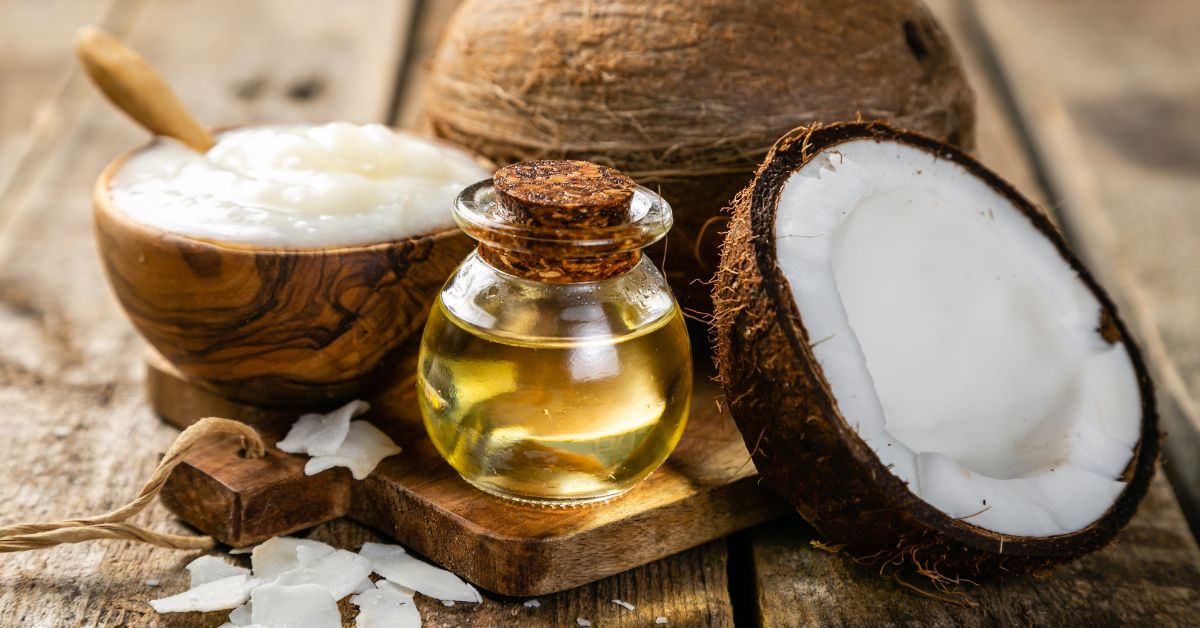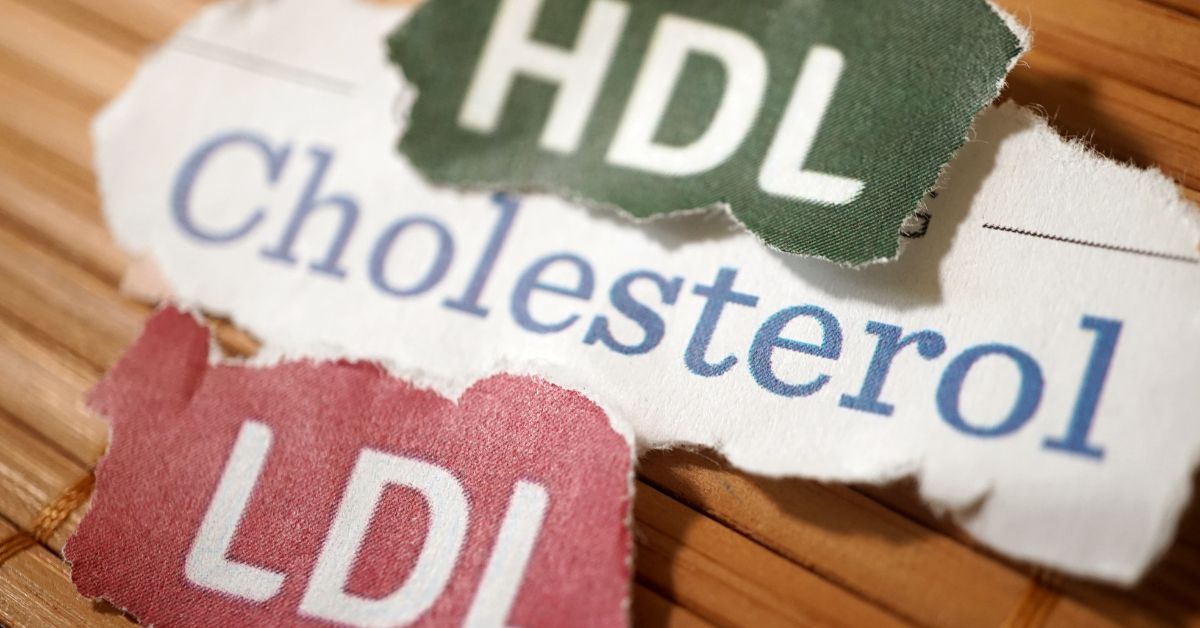What do chronic diseases like heart disease, autoimmune disease, cancer, and diabetes have in common? Underneath them all is inflammation. But what exactly is inflammation, and what’s the connection between diet and inflammation? Keep reading to find out more about:
- What is inflammation?
- Foods that cause inflammation
- How to reduce inflammation
- Foods that reduce inflammation
What is Inflammation?
Inflammation is a normal immune response to a pathogen or injury. After the immune system addresses the problem, the inflammatory response shuts off. We get into trouble when inflammation doesn’t turn off and becomes chronic.
Immune Response
Inflammation symptoms include heat, redness, swelling, and pain. Think about healing after cutting your finger; that’s inflammation saving the day.
A large portion of the immune system lives in the gut and protects the body from pathogens, making microbiome health important for immunity.
Normal Inflammation Vs. Chronic Inflammation
Chronic inflammation is low-level inflammation that often goes undetected and contributes to chronic disease. Chronic inflammation symptoms may affect any area of the body. Some examples are:
- Poor digestive health and gut flora imbalance
- Redness and rashes on the skin
- Insulin resistance and poor metabolic health
- Autoimmunity
What causes inflammation? Many drivers of inflammation have to do with a modern lifestyle, such as stress, toxin exposure, sedentary behavior, and a high-inflammation diet.
Foods That Cause Inflammation
The modern diet, full of low-quality food, promotes inflammation in the body. This diet is high in calories and chemicals but lacking nutrients.
Processed Foods
Processed foods make up over half of the average person’s diet. Food processing decreases nutrients, and undesirable ingredients are added to improve the taste and texture of products.
Sugar
Over 80 percent of processed foods contain added sugar. Why? Sugar is addictive and keeps you coming back for more.
Refined Carbohydrates
In addition to sugar, other refined carbohydrates like refined grains and flour are common in processed food and the American diet. Without fiber and nutrients in the grain, these foods are more likely to spike blood sugar and contribute to inflammation.
Red Meat
Red meat from feedlots and processed meats tend to be inflammatory, especially in the context of a standard American diet.
How to Start Your Anti-Inflammatory Diet
Since what you eat profoundly affects inflammation, choosing an anti-inflammatory diet to prevent disease and promote optimal health and longevity makes sense.
Include Foods That Reduce Inflammation
Begin reducing inflammation by increasing anti-inflammatory, antioxidant foods to displace processed foods from the diet. This means reading labels and choosing options with high-quality, anti-inflammatory ingredients, like Scott’s Protein Balls.
Fibrous Foods
All whole plant foods contain fiber. It’s simply carbohydrates that we can’t digest but it is important for gut health and balancing blood sugar. Fibrous foods are also anti-inflammatory.
Fruits and Vegetables
Fruits and vegetables are good sources of fiber and antioxidants. Epidemiological studies show that those who eat more whole fruits and vegetables live longer and have less chronic disease. Start with five servings per day.
Nuts and Seeds
Nuts and seeds are another category of antioxidant foods, rich in fiber and nutrients to improve the gut microbiome and reduce inflammation. Learn more about all the health benefits of nuts and seeds here.
Phytonutrients
Phytonutrients, or plant nutrients, are compounds unique to plants, many of which are anti-inflammatory. You’ll find phytonutrients in fruits, vegetables, nuts, seeds, legumes, whole grains, spices, tea, and other edible plants. If you are wondering how to restore healthy gut flora and reduce inflammation, phytonutrients are gold.
Spices
Spices like turmeric, ginger, garlic, rosemary, cinnamon, and others are essential to an anti-inflammatory diet. Plus, they make your food taste great, naturally.
Dark, Leafy Vegetables
Dark leafy greens are rich in minerals like magnesium, vitamins like folate, and numerous phytonutrients.
Green Tea and Black Coffee
The phytonutrients in coffee and tea (especially green tea) reduce inflammation and protect against disease. Read more about the pros and cons of coffee here.
Healthy Fats
Processed foods tend to be high in refined fats that are more inflammatory, while whole foods contain beneficial fats.
Oils
For cooking, try olive oil (low heat) and avocado oil (higher heat). Both are high in monounsaturated fats associated with heart health and a staple of the anti-inflammatory Mediterranean diet.
Omega 3 Fatty Acids
Omega 3 fatty acids are anti-inflammatory. Find omega 3s in cold water fish like salmon, and seeds, especially chia and flax seeds.
Stay Consistent
Many of us get on the rollercoaster of fad diets and the latest nutrition trends, but a healthy diet is consistent. You’ll get the most benefit from your anti-inflammatory diet by consistently eating whole, unprocessed food most of the time. Choose a variety of colorful produce, healthy fats, and quality protein each day while leaving room for pleasure.
Keep Stress Levels Low
Stress drives inflammation, so don’t let your anti-inflammatory diet be stressful! Start slow and focus on building habits instead of being perfect. Make it easier on yourself by choosing anti-inflammatory snacks like Scott’s Protein Balls made with real, whole food ingredients.






